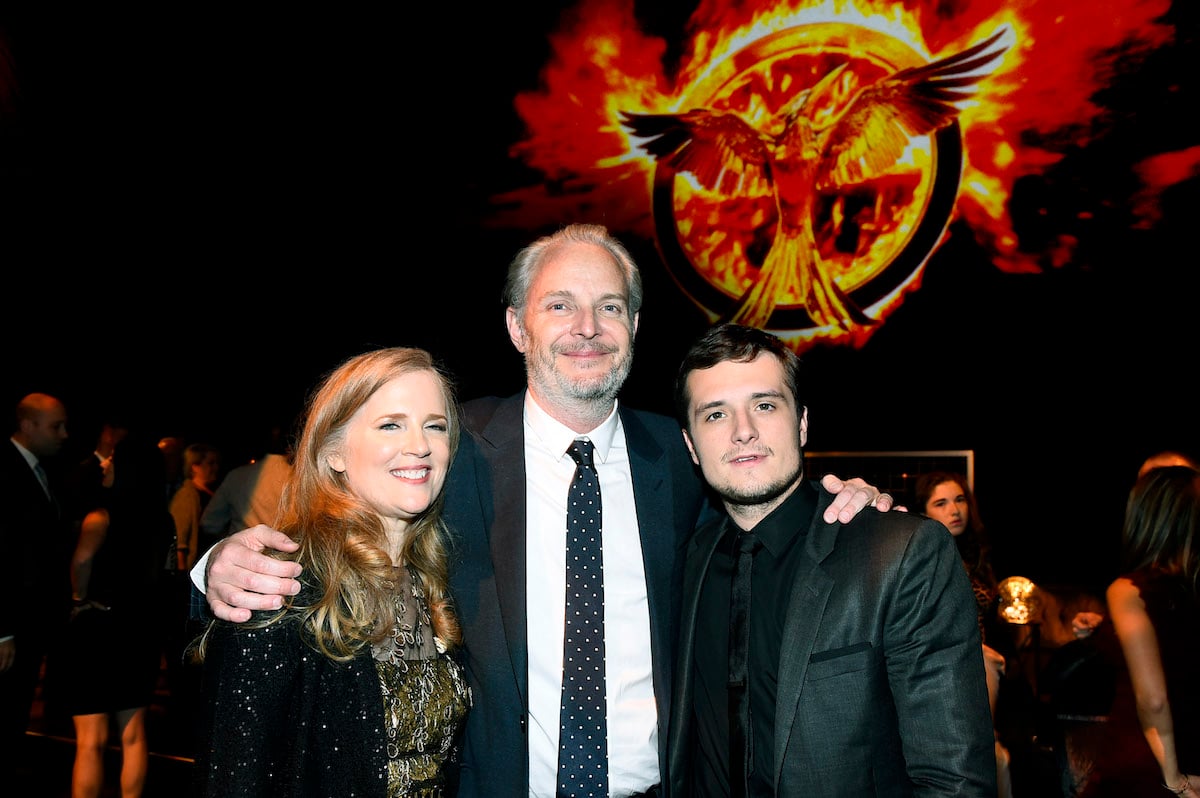‘The Hunger Games’ Is a Reality TV Show According to Suzanne Collins
Though its been years since The Hunger Games books took the world by storm, they are still just as salient and relevant today. The three books, which were written by Suzanne Collins, explore important themes like wealth, power, media consumption, and resistance and have ensnared audiences around the world. The mania surrounding the books only increased when they were adapted for the screen and made into four blockbuster movies.

How Suzanne Collins dream up ‘The Hunger Games’
But how did Collins even come up with such a unique concept for The Hunger Games? The author was actually channel surfing late one night, switching back and forth between reality TV and a program about war. It was then that she started thinking about how the two themes could corollate and it wasn’t long before the character, who would eventually become Katniss, popped into her head.
Why the author chose a futuristic timeline for the three books
Though Collins drew inspiration from current times, the world of Panem is set in the future. According to the author, giving The Hunger Games a futuristic edge allowed her to comment on things that distressed her in the present. “In the case of The Hunger Games, issues like the vast discrepancy of wealth, the power of television and how it’s used to influence our lives, the possibility that the government could use hunger as a weapon, and then first and foremost to me, the issue of war,” Collins shared with Scholastic about present-day power imbalances that disturbed her.
While some fans didn’t make a connection, The Hunger Games themselves are a direct commentary on the way we consume media. In fact, the games themselves are a reality TV show. Collins utilized the games to comment on the obsession with watching people go through strife or struggle for entertainment purposes. By heightening the drama, the author was able to truly pull back the lens and highlight our obsession with media.
‘The Hunger Games’ represent reality TV shows
“The Hunger Games is a reality television program,” Collins declared. “An extreme one, but that’s what it is. And while I think some of those shows can succeed on different levels, there’s also the voyeuristic thrill, watching people being humiliated or brought to tears or suffering physically. And that’s what I find very disturbing.”
Collins continued on to say that it’s important for people of all ages to really examine the media they are consuming. “There’s this potential for desensitizing the audience so that when they see real tragedy playing out on the news, it doesn’t have the impact it should. It all just blurs into one program,” The Hunger Games author declared. “And I think it’s very important not just for young people, but for adults to make sure they’re making the distinction.”
It’s great that Collins was able to create such a robust story to comment on some of the issues that she saw in modern-day society. Hopefully, fans are able to look at The Hunger Games with new eyes after hearing what the talented author had to say.


